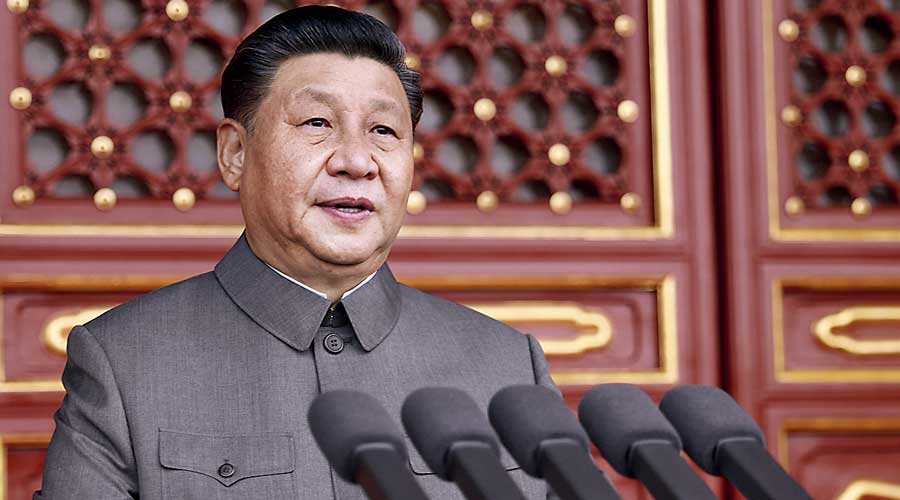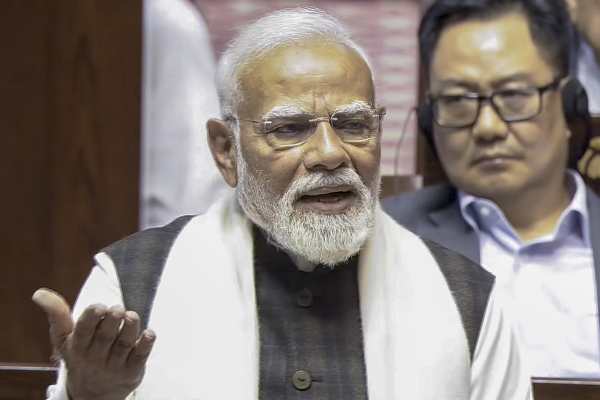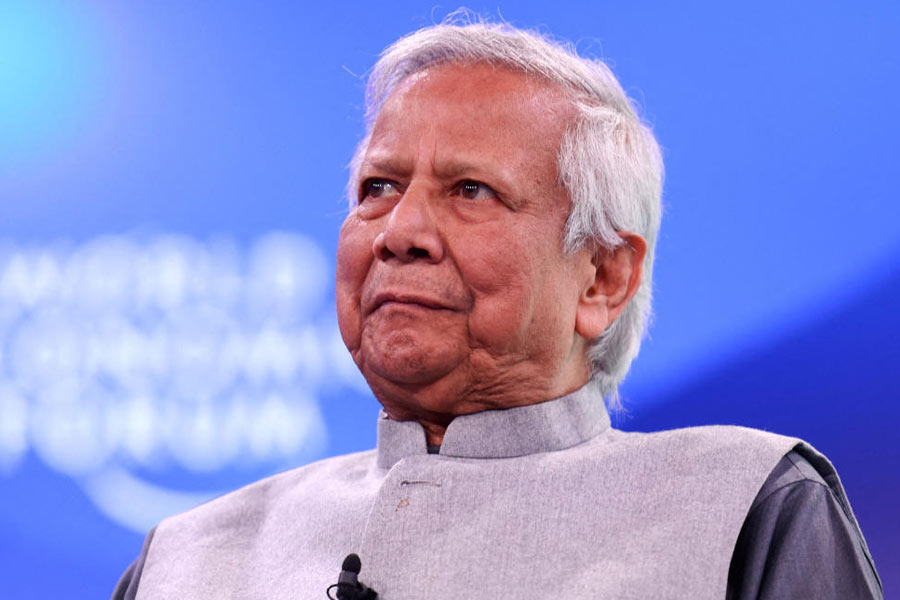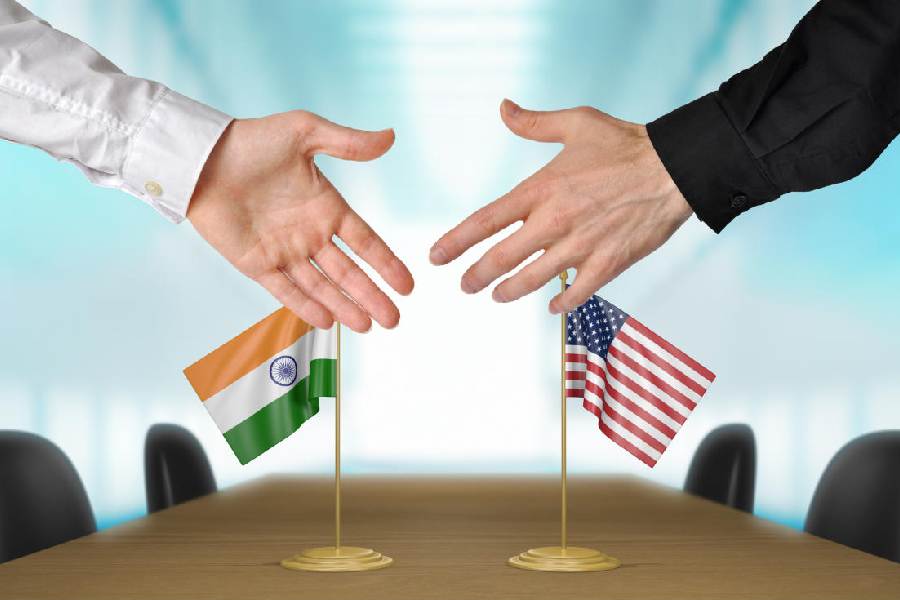The Chinese government rarely passes up a chance to accuse the US of military adventurism and hegemony. In the case of Afghanistan, though, it has changed its tone, warning that Washington now bears the responsibility for the hasty end to its two-decade war there.
“The United States, which created the Afghan issue in the first place, should act responsibly to ensure a smooth transition in Afghanistan,” China’s foreign minister, Wang Yi, said this month at a forum in Beijing. “It should not simply shift the burden onto others and withdraw from the country with the mess left behind unattended.”
While China has not called on President Biden to reverse the military withdrawal he ordered, statements by senior officials made it clear that they would blame the US for any insecurity that spreads in the region.
China’s leader, Xi Jinping, and President Vladimir V. Putin of Russia — neither of them close friends of the American president — raised concerns about the withdrawal in a telephone call on June 29, citing “the increasingly complicated and severe security situation,” according to the state news agency Xinhua.
An explosion and vehicle crash that killed nine Chinese workers in Pakistan on Wednesday has punctuated China’s fears of regional instability in the wake of the final American military withdrawal from Afghanistan and the chaos that is now spreading across the country.
China was quick to describe the explosion as an act of terrorism. Pakistan later described it as an accident, but the details remain murky, and China has previously found itself the target of threats from those opposed to its growing economic and diplomatic influence in the region.
Pakistan’s information minister, Fawad Chaudhry, said on Thursday that investigators had found traces of explosives, presumably on the bus carrying the Chinese workers. “Terrorism cannot be ruled out,” he wrote on Twitter.
“They’re certainly feeling nervous,” said Barnett R. Rubin, a former state department official and UN adviser on Afghanistan who is a senior fellow at New York University’s Center on International Cooperation.
With only a residual military contingent left to protect the American embassy in Kabul, the Taliban have been steadily expanding their political control as Afghan government forces crumble or retreat. This month, Taliban forces seized Badakhshan, the province that reaches the mountainous Chinese border through the Wakhan Corridor.
While that narrow territory poses little direct security threat, China fears that the breakdown of order in Afghanistan could spill out of the country to other neighbours, including Tajikistan, Kazakhstan and Pakistan.
Wang is travelling through Central Asia this week with the Afghan situation high on the agenda.
With the American withdrawal on the horizon, China has sought to keep channels open to both the Taliban and Afghan forces, appealing for a peaceful resolution to decades of conflict that predated the American intervention. It has been a delicate diplomatic balance.
China has praised the current Afghan government, including what it says are efforts to fight the East Turkestan militants. It also played host to a delegation of Taliban leaders in 2019. While China has said little about the nature of its discussions with the group, it has muted its criticism as the American-led military presence winds down.
In recent statements, Taliban representatives have also sought to assuage China’s concerns about its past support for enemies of Chinese rule, saying a restored Taliban government would pose no threat to the country. In fact, it would welcome Chinese investments.
As the Taliban have steadily gained ground, China has left its diplomatic options open. The Global Times, a Communist Party newspaper that generally reflects the government’s hawkish side, suggested this week that fears about the collapse of the current Afghan government were overstated.
“With the evolving Afghanistan situation, the Taliban is quietly transforming itself to improve its international image, easing the concerns of and befriending neighbouring countries,” the newspaper wrote on Tuesday.
Such views also reflect China’s close relationship with Pakistan, which provided support for the Taliban leadership during the long American involvement in Afghanistan.
After Chinese officials initially denounced Wednesday’s deaths in Pakistan as a terrorist attack, they tempered their remarks when the Pakistani Foreign Ministry released a statement saying that the explosion that sent a truck tumbling into a ravine was caused by a mechanical malfunction.
Exactly what happened remains unclear, however. At least two Pakistani paramilitary soldiers and two other civilians died, while more than 40 people were injured. It was not clear if the soldiers were guarding the workers as they travelled to a Chinese-built hydroelectric project at Dasu, a city in the country’s rural northwest.
New York Times News Service










